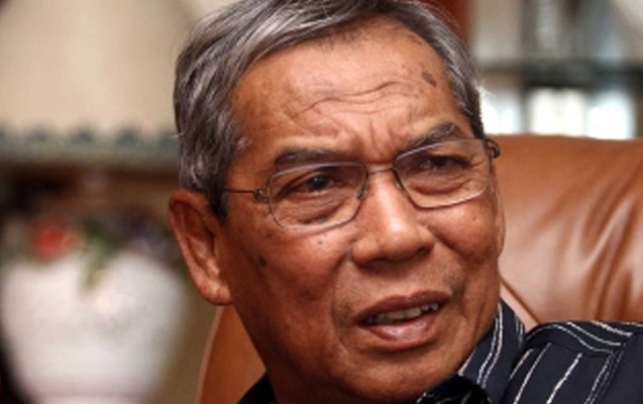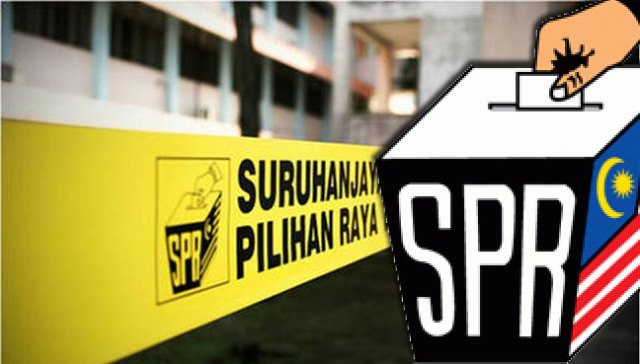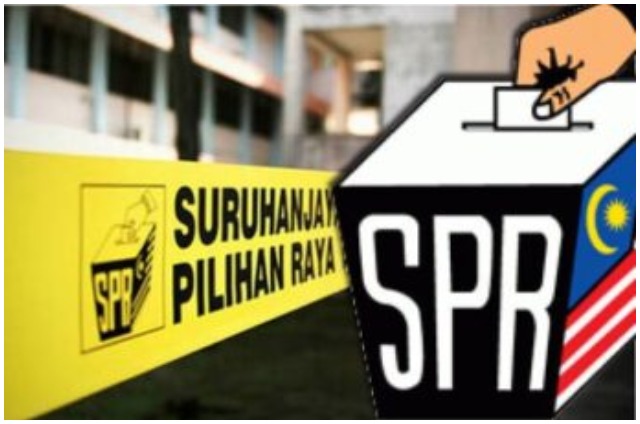

ERC chairman Tan Sri Ab Rashid Ab Rahman (pic) said this was one of the 15 proposals for the improvement of the electoral system and laws which the committee would look into.
“The EC, as the registrar, will have the authority to regulate political parties. We are looking into the possibility of taking away that power from the RoS,” he said at a press conference after the first meeting of the ERC here yesterday.
He also said that the ERC would study the appropriate legal framework for the establishment of a credible body to manage elections.
“We will suggest the establishment of an appropriate organisation to run the election. It can be the EC, it can be anything else, depending on what the country wants to call it, but I believe we will still call it the EC.
Ab Rashid said the ERC would look into the establishment of a strong organisation to manage elections.
The ERC would also study the election systems of other countries that could be used for the improvement of the existing first-past-the-post system to make it on par with international standards, he said.


“For example, the system of proportionate representation; if a party secures 60 per cent of the votes, it gets 60 per cent of the seats. However, we have a parliament and state legislatures; it will depend on our study,” he said.
Ab Rashid said the ERC would also study a proposal to formulate a law on the steps to set up caretaker governments following the dissolution of the Dewan Rakyat and the state legislative assemblies.
“There are no laws or regulations now on how they (caretaker governments) should behave. A caretaker government is no longer the continuation of the elected government before; so they should just run the ordinary administration,” he said.
Ab Rashid said there were also proposals by NGOs such as Bersih 2.0 for automatic registration of voters and for the reduction of the voting age from 21 to 18.
He also said that the ERC would study a proposal for drawing up legislation to control the finances and election expenditure, including in terms of contributions from the government, private sector and society.
Also to be examined were the laws pertaining to the election campaign and process, beginning from the dissolution of the Dewan Rakyat and the state legislative assemblies, setting the dates for nomination and polling, polling, and counting and tallying of votes until the announcement of the results, he said.
Ab Rashid said the ERC would look into the laws on freedom of expression and access to the public and private sector media, guidelines on the conduct of parties and candidates during elections and laws governing election observers.
The ERC, comprising 15 members, was set up undertake a comprehensive study of the electoral system and laws in the country and make recommendations to be submitted to the government within two years.
Asked whether the period was adequate considering that amendments had to be made to the Federal Constitution, Ab Rashid said the ERC members would strive to complete the work within the stipulated period.
“We will make the report on the recommendations public in stages because we want the feedback of the interested NGOs. If they want a dialogue with us, we are prepared to meet them,” he said.
Ab Rashid said he wanted to ensure that the new laws would be applied in the next general election, the 15th, which is due in 2023.
— BERNAMA









